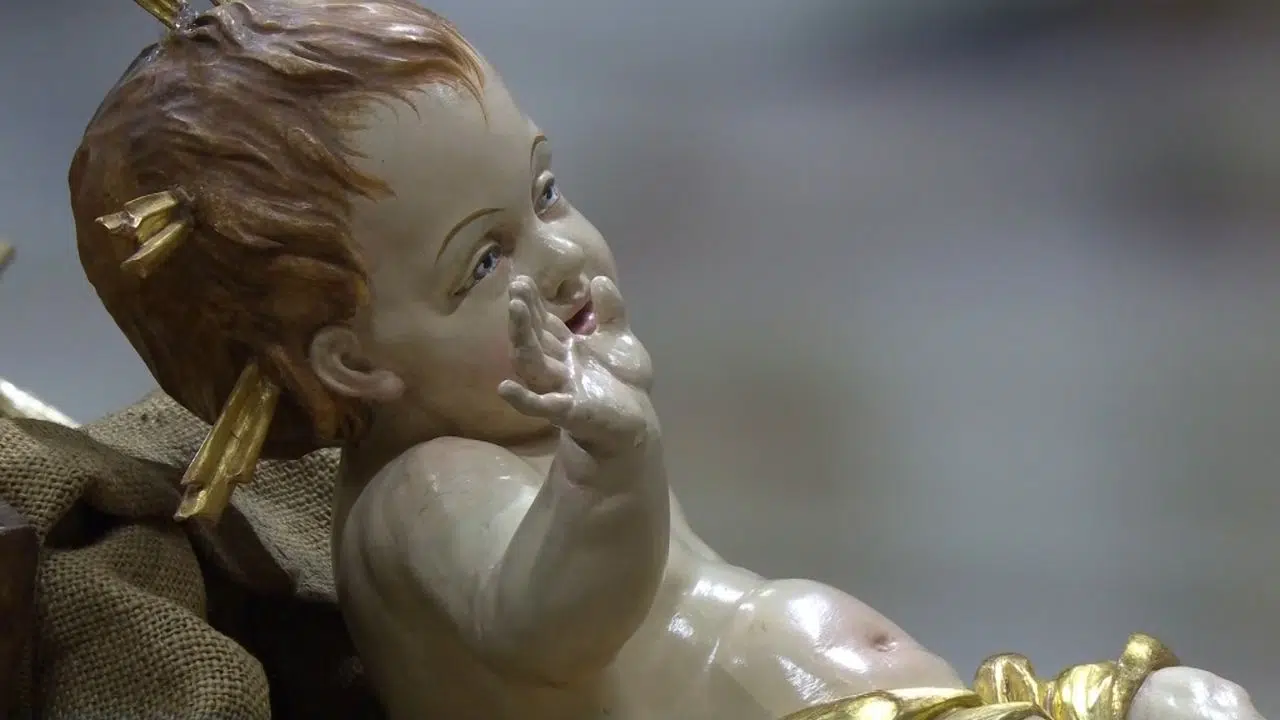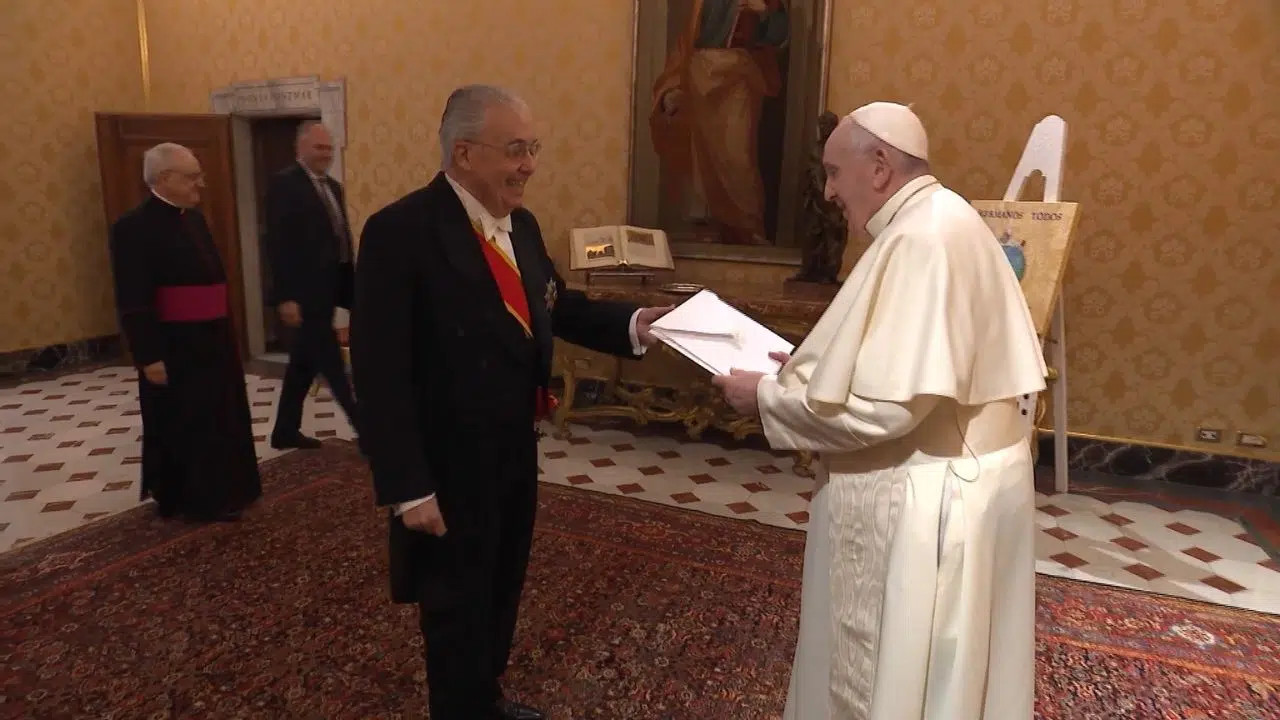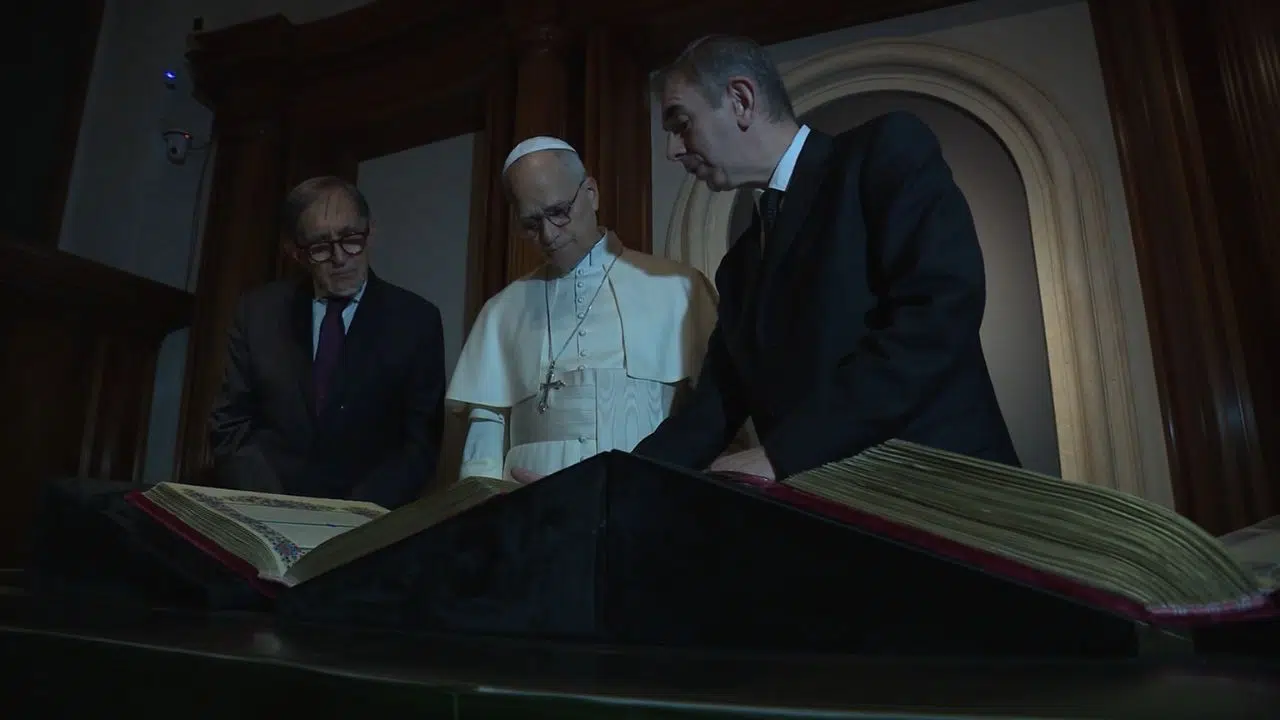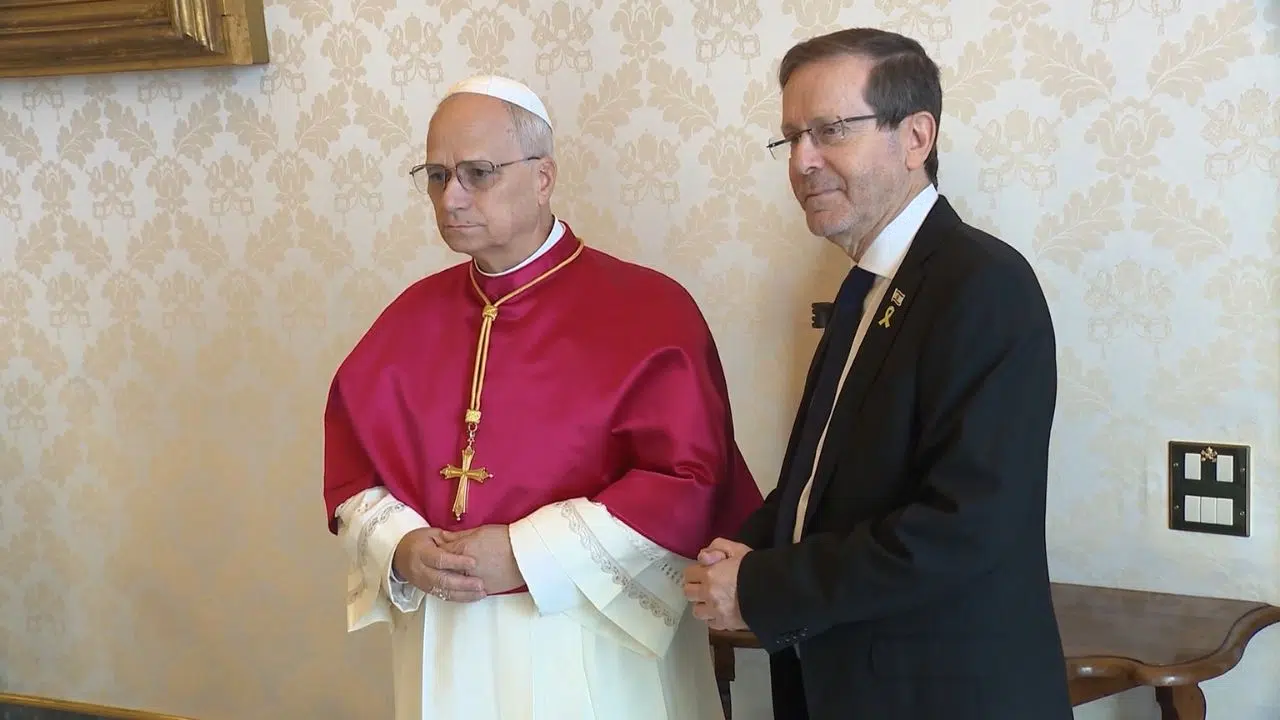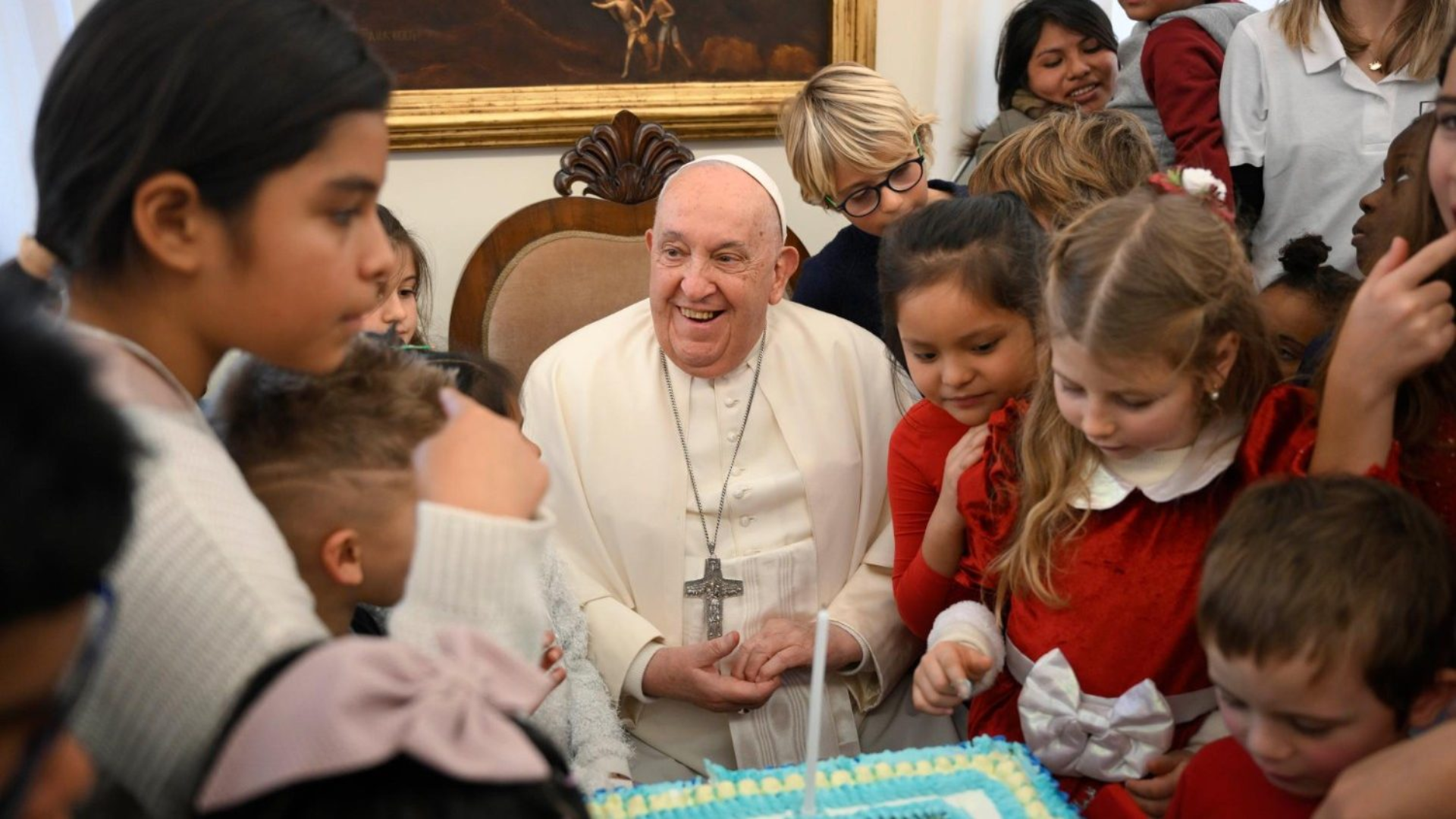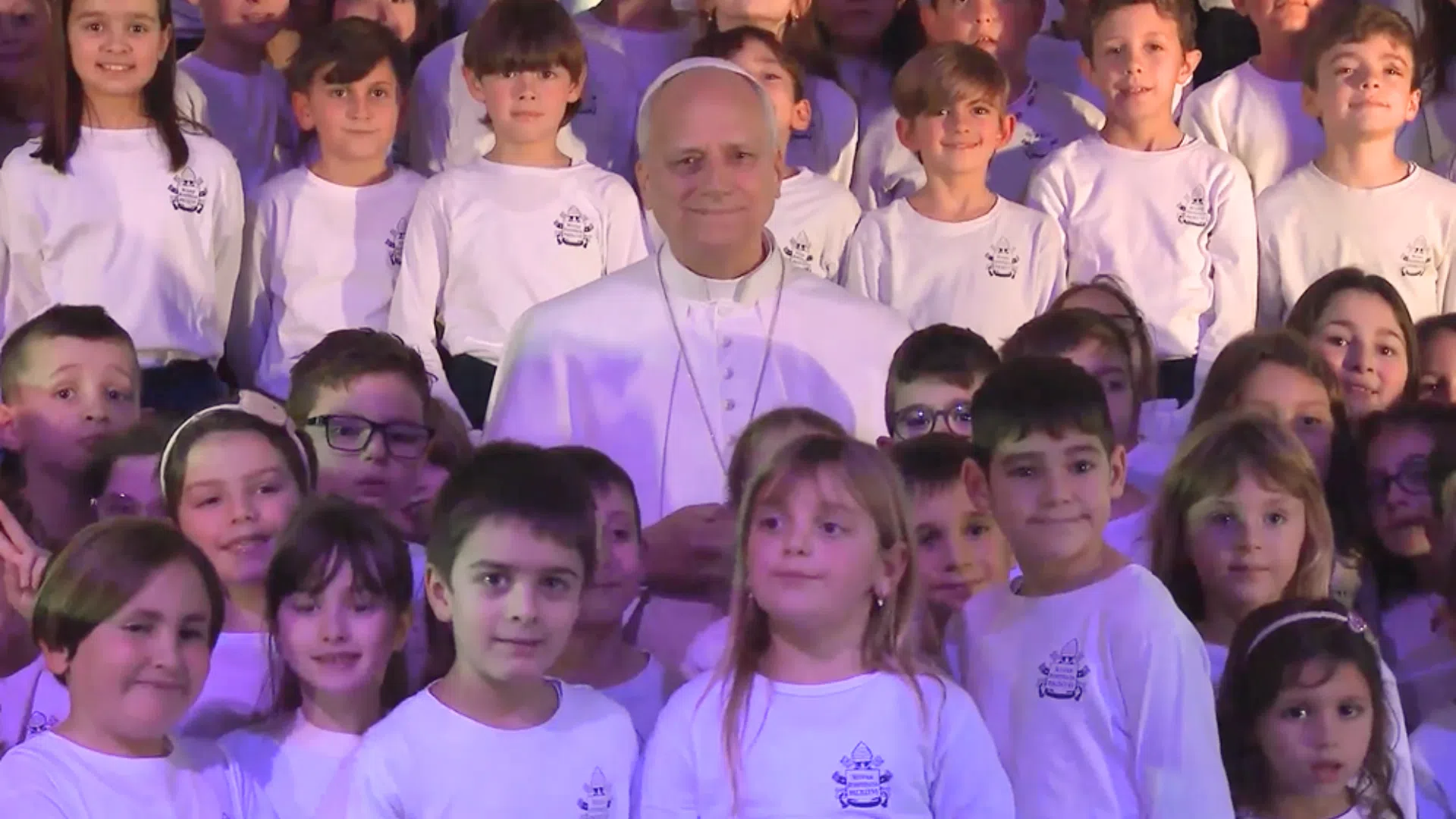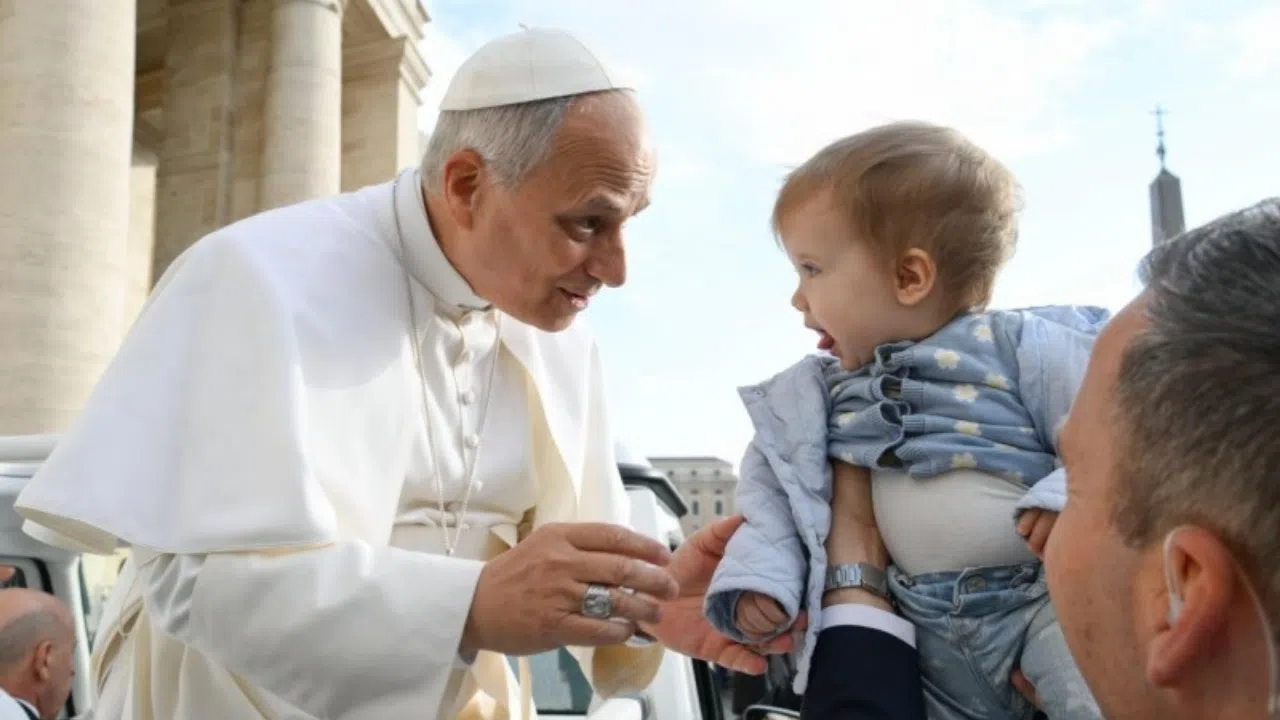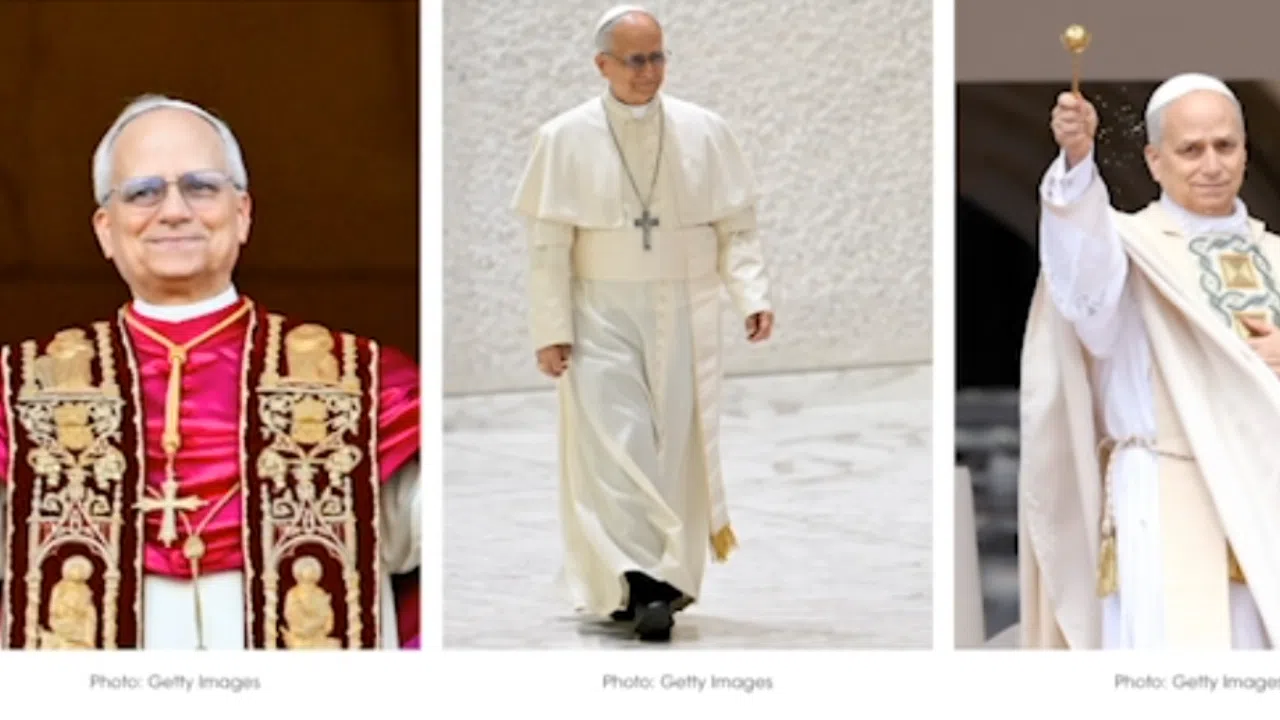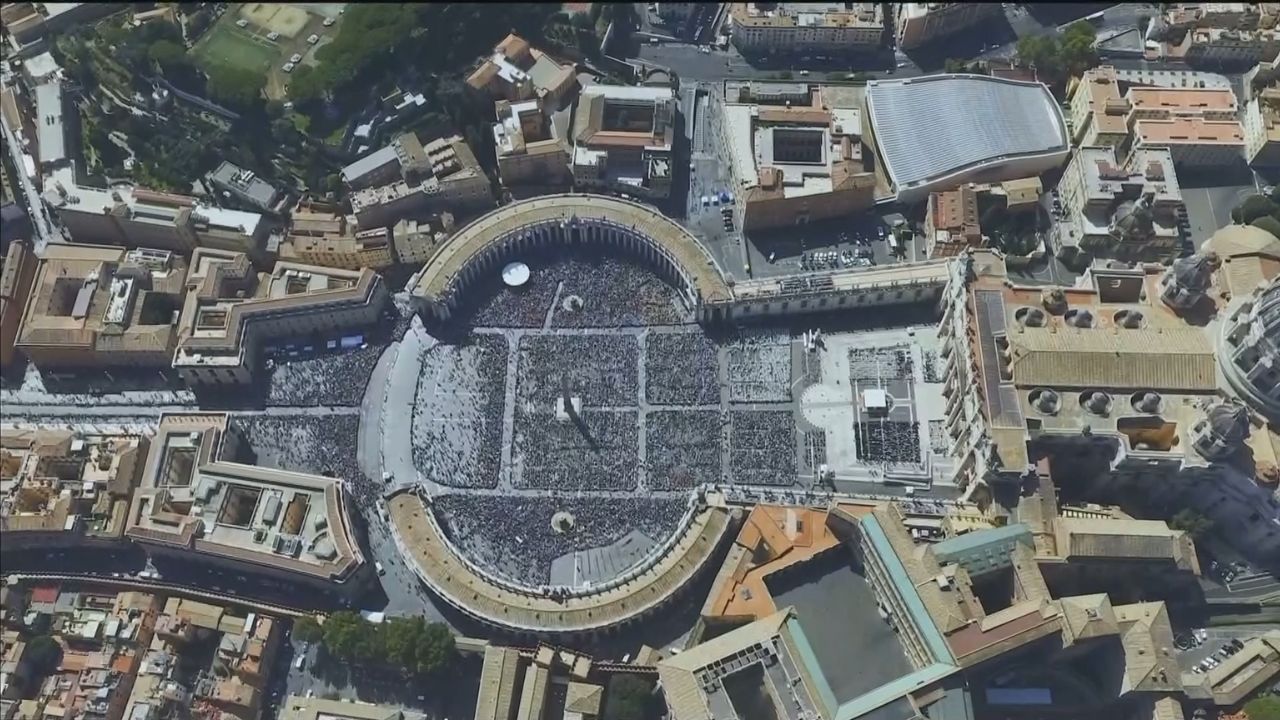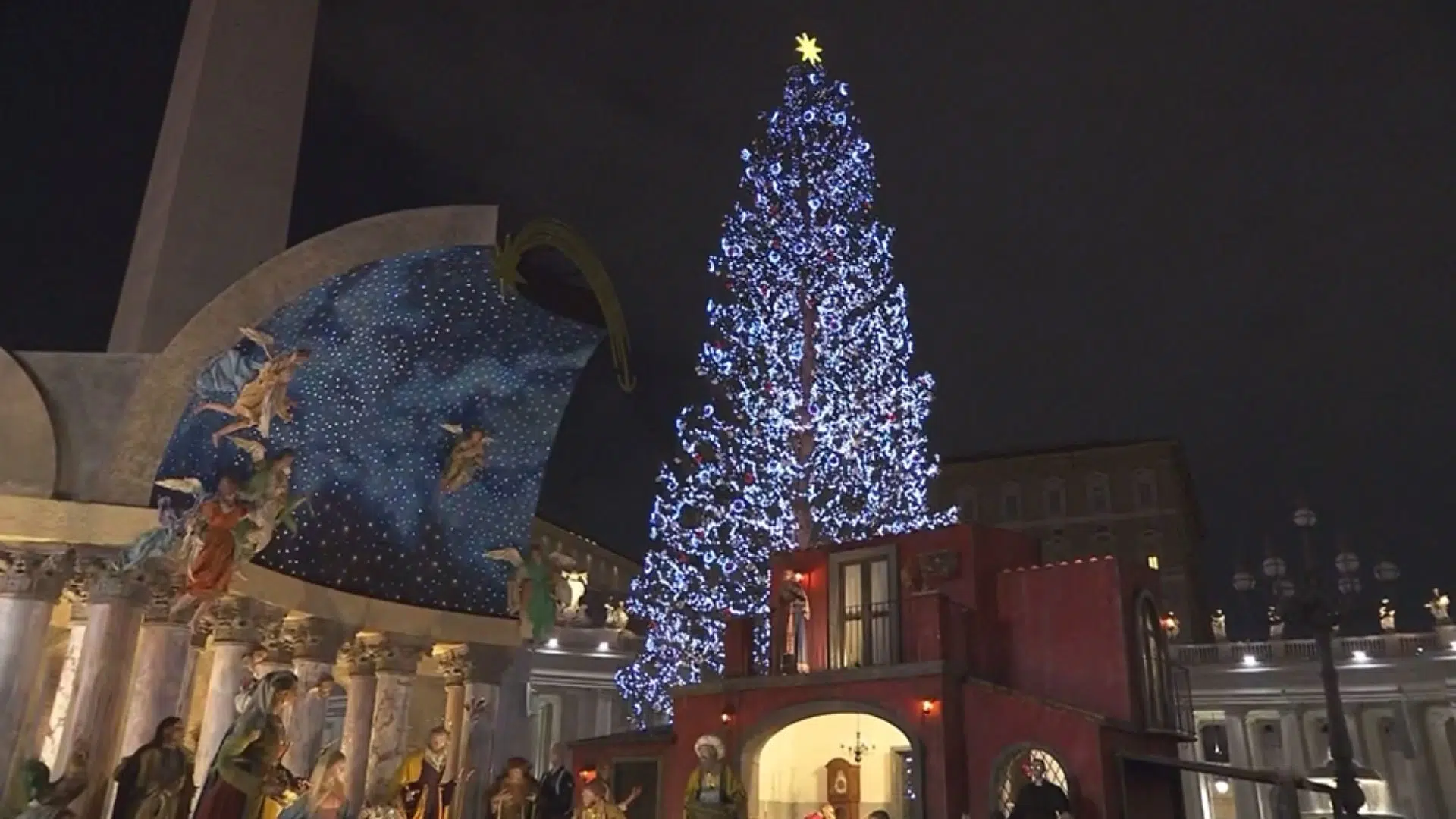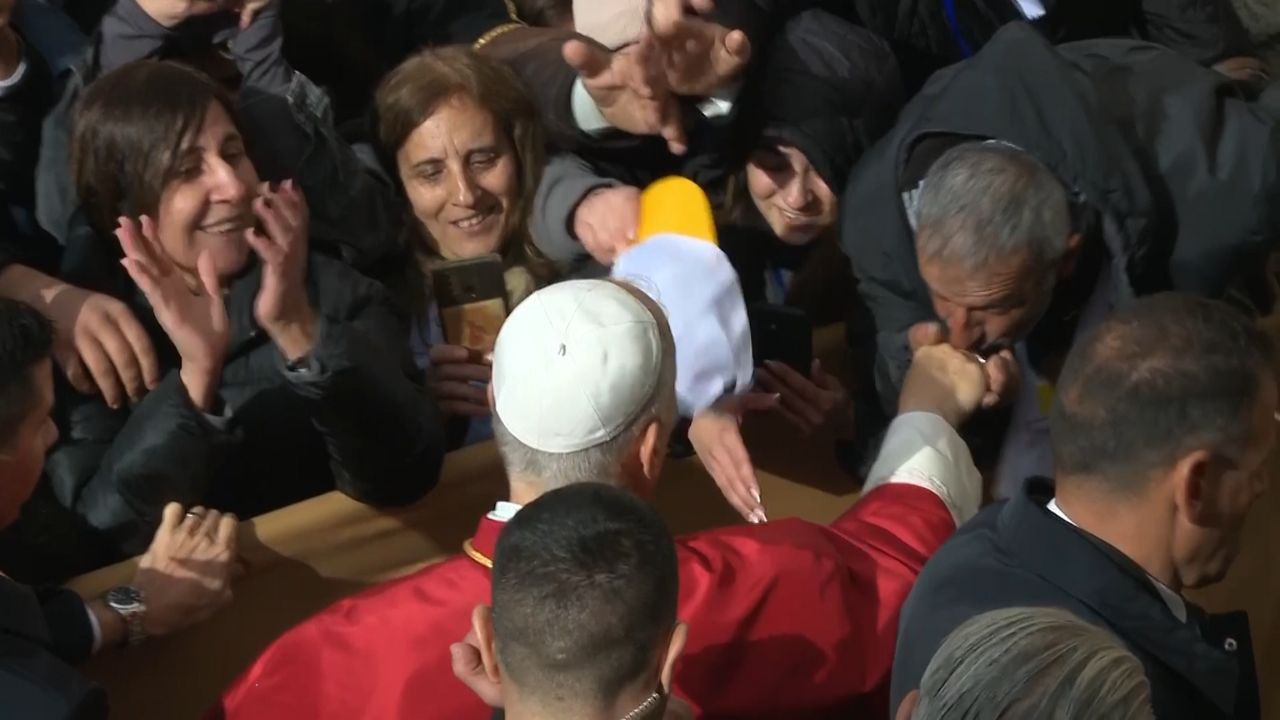The Italian bishops have denied some of the interpretations published in the wake of the new document on seminaries; a text which, moreover, has the support of the Vatican department in charge of the clergy.
The question that many have asked themselves on reading Point 44 is whether the door is left open to seminarians with homosexual tendencies.
MONS. STEFANO MANETTI
President, Commission for the Clergy and Consecrated Life (CEI)
No, that is not true, because number 44, which speaks of this, begins by reaffirming the traditional doctrine that people who practice homosexuality, have deep-rooted homosexual tendencies, and support gay culture cannot be admitted to the seminary.
The Conference reiterates that the point of the document is to recall that the sexual sphere of candidates for the priesthood is important. However, it points out that other issues should not be overlooked.
The question also arises as to what it means for a person to have a deeply rooted homosexual tendency. If this is the case, as doctrine dictates, he could not be admitted.
MONS. STEFANO MANETTI
President, Commission for the Clergy and Consecrated Life (CEI)
We mean “deeply rooted” when a person declares homosexual tendencies that habitually determine his way of thinking, acting, and being.
The last Vatican document to address this issue is the one published by the then Congregation for the Clergy in 2016. It recalls that, in order to become a priest, it is not enough for the candidate to want to be one, because the Church has the responsibility to discern whether the person in question is suitable or not.
In any case, the text of the Italian bishops are guidelines for their territory - they do not apply globally nor do they speak in the name of the Holy See for all countries, but are guidelines for a specific ecclesial reality; in this case, that of Italy.
CA
TR: GS

